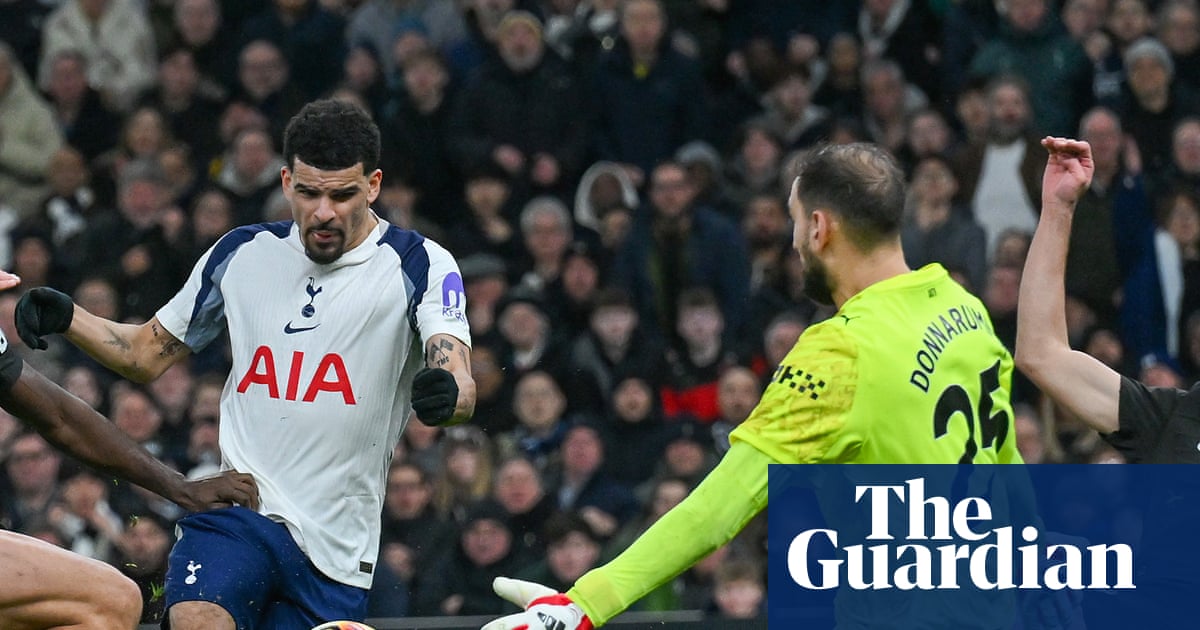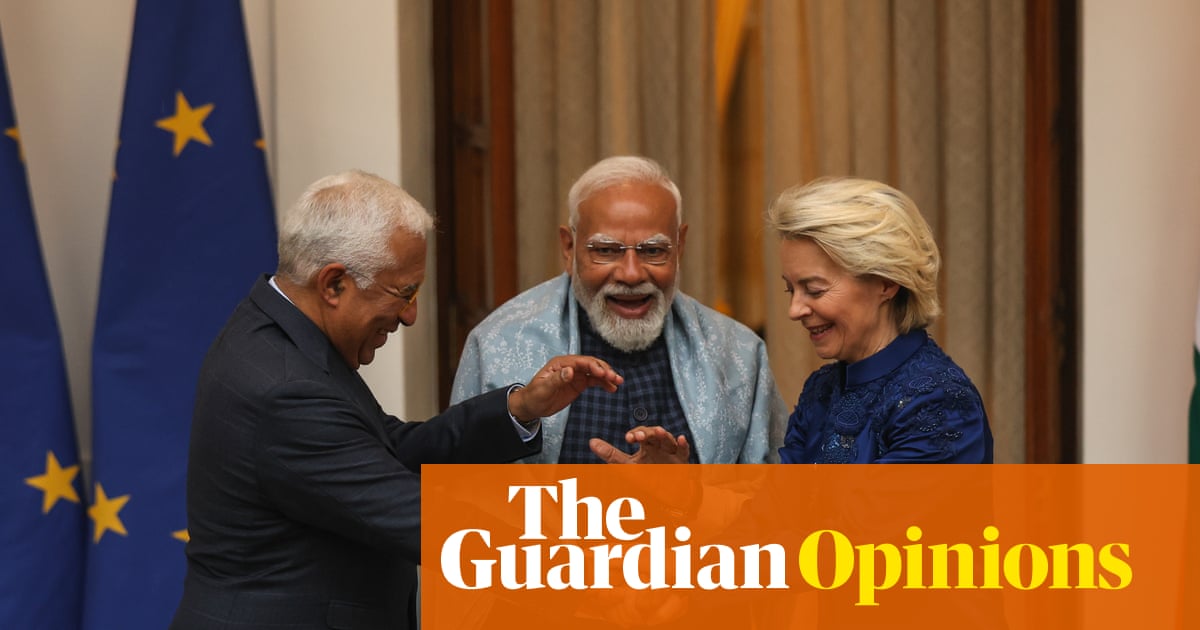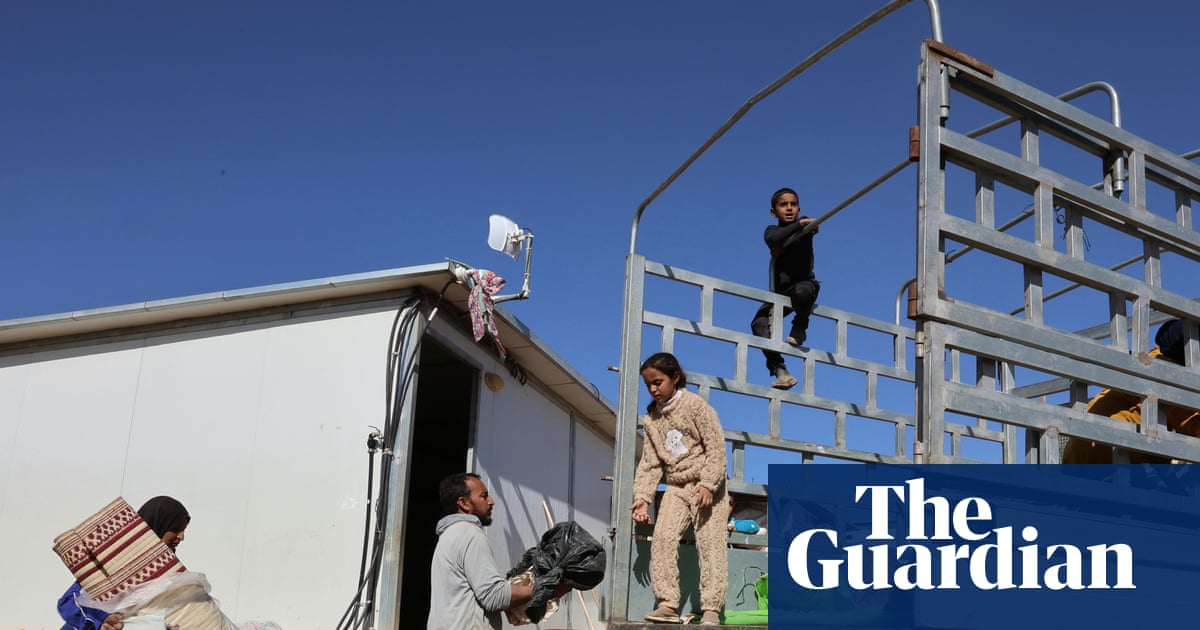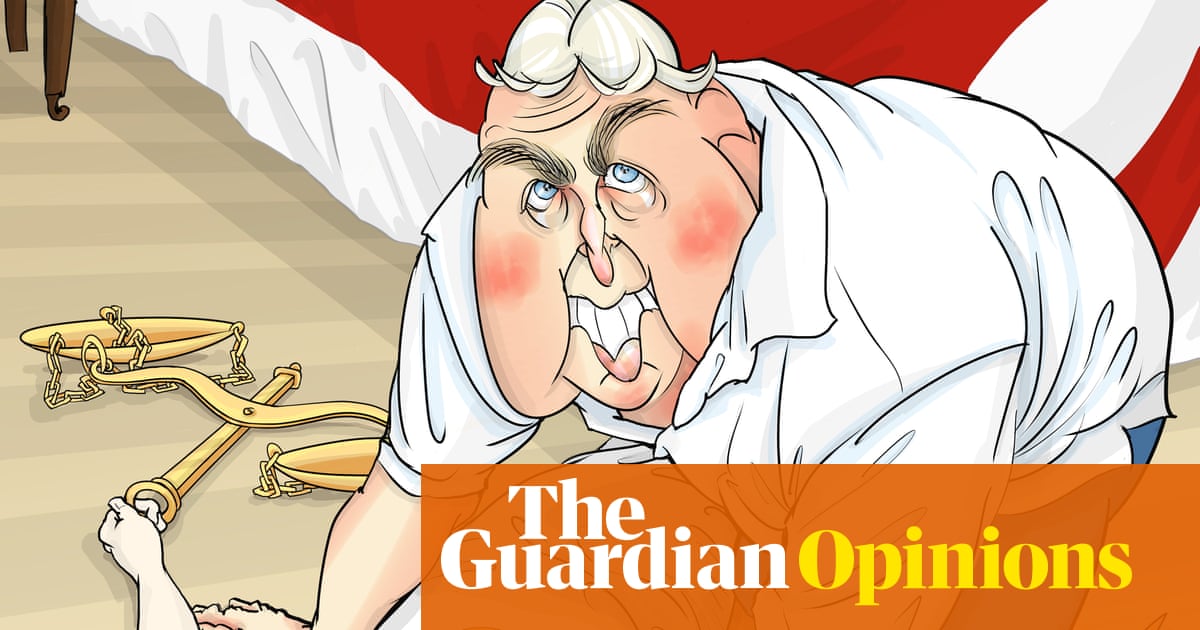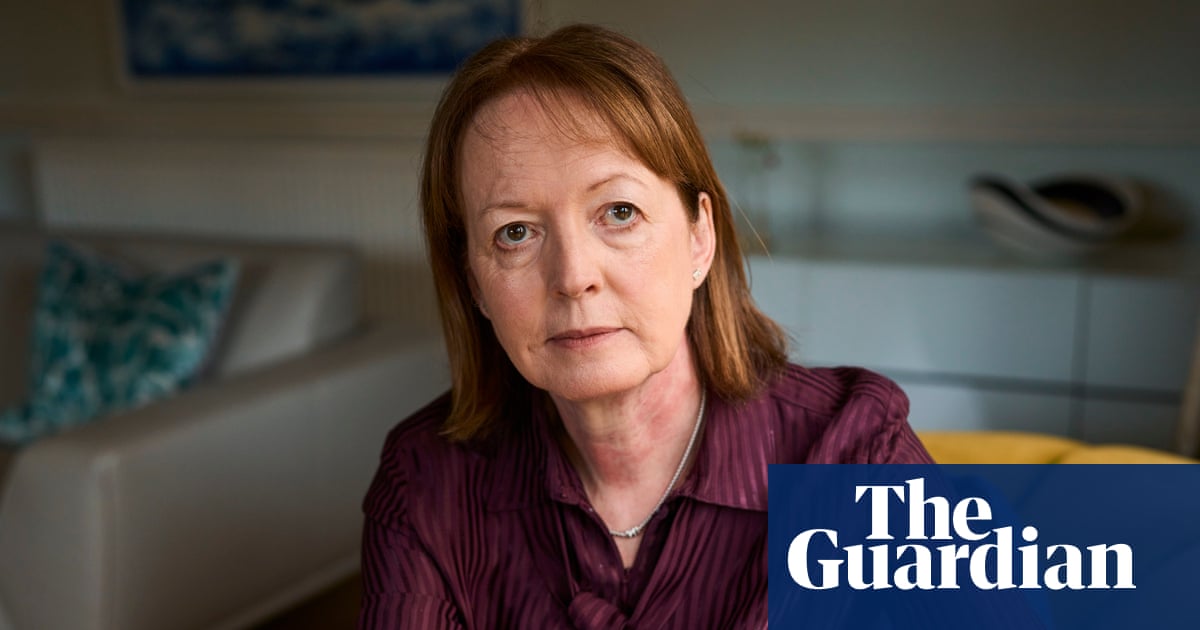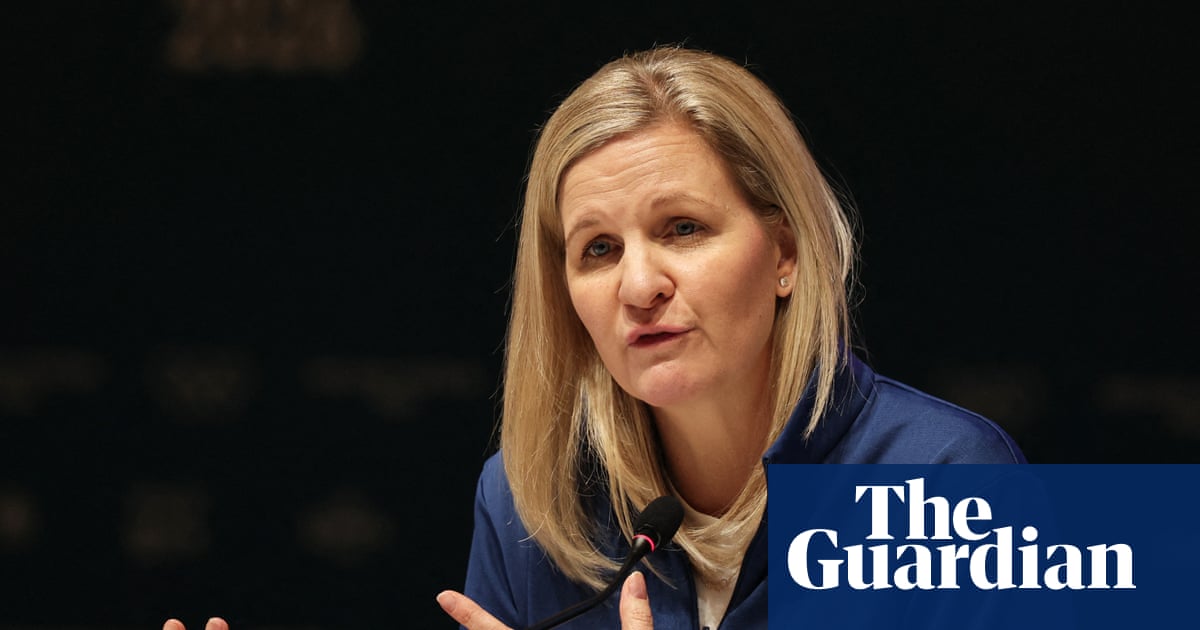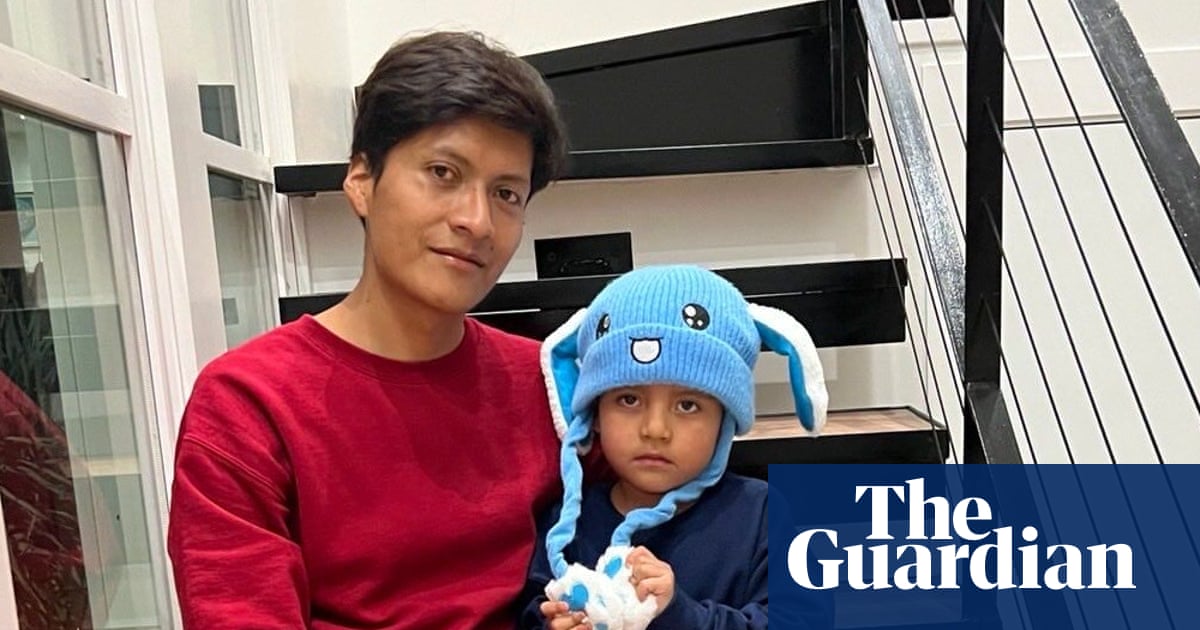I felt a mixture of emotions reading your news report (Family law shift hailed as victory for children facing domestic abuse, 21 October) and the opinion piece by Charlotte Proudman (I’ve seen courts hand children back to their abusers. Today that horror finally ends, 22 October) on the extent of the crisis in the family courts, but no surprise. Horror at so many children and mothers traumatised and disbelieved, and, in Claire Throssell’s case, the worst outcome. Relief that change may finally happen and a child’s safety and best interests will override contact at any cost. Though it’s no consolation for those with previous experience of this unjust, chaotic system that rewards abusive fathers.
Protective parents, usually mothers, only go to court when there is no choice. When a child is repeatedly refusing to have contact with a parent, hiding, crying, it is clear that something is very wrong. They expect their child’s safety and wellbeing is paramount, and presume that the legal process is there to safeguard the victim.
Instead, the perpetrator makes an accusation of “parental alienation”, a term that has been widely discredited internationally, to undermine the victim. This leads to decisions that violate the best interests of children and has happened to too many mothers who are simply trying to protect their children. Some never to see their child again.
Ann Moore
Stocksfield, Northumberland
Any moves that protect children from a harmful parent are, of course, essential. But I fear for the many loving dads who will have to fight even harder to get contact with their children as a result of this new court ruling. Previously, parental contact was only made if it did not put the child at risk – so why did that not work?
Now, courts are to presume that contact with both parents as a starting point is not in the child’s best interest. Really? I thought research has shown that contact with both caring parents is very important to the emotional development of children. Most dads separated from their children may be loving and caring, but easily alienated or have their children withheld by spiteful partners. How many loving dads can afford to go to court, costing tens of thousands and taking as long as a year or more, to gain fair contact with their children? This shift in the law will hopefully protect children against the few dangerous fathers, but at the expense of the many good dads who deserve to be considered.
Wendy Hope
Bristol
The supreme court of Canada decided 30 years ago that family law decisions must be based on the best interests of the child, not the parent’s “rights”. It comes down to this: children have rights, parents have responsibilities. There is a presumption that it is, in general, in the best interests of the child to have contact with both parents, but that, too, is based on the child’s interests, not the parent’s.
Lucretia Martenet
Calgary, Canada

 3 months ago
70
3 months ago
70

